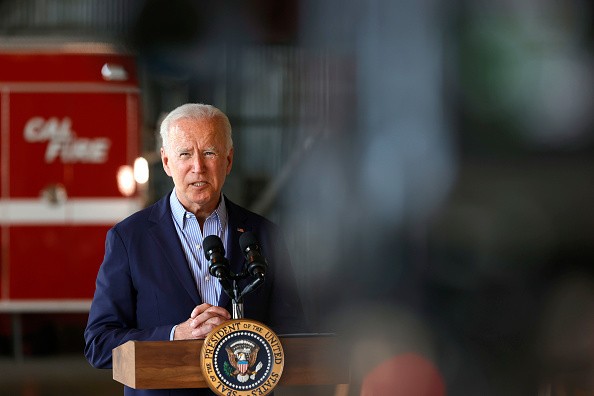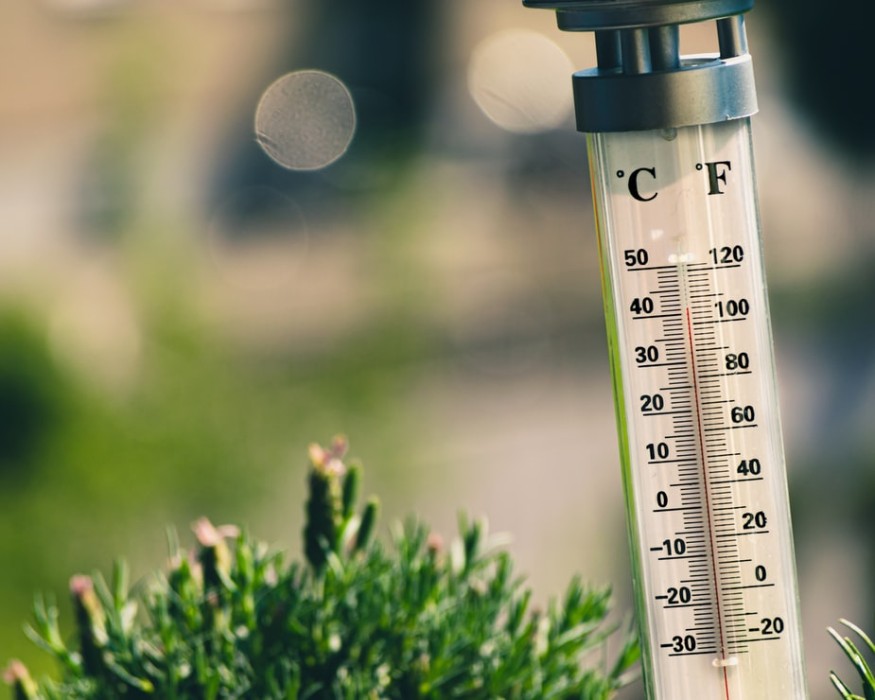On Monday, the Biden administration revived a method of calculating the benefits of decreasing air pollution, the first step in a proposal that might tighten limits on how much mercury can be spewed from coal-fired power stations.

Move Against Mercury

Mercury is a neurotoxin that is especially harmful to children and fetuses' brain development.
Reversing Trump Legislations
The Biden administration's decision on mercury is one of several recent moves to reduce air pollution and water pollution. Following a year in which President Biden attempted to get ambitious climate legislation through Congress only to see it stall, the administration is now trying to reduce emissions through regulatory means.
In many respects, the Biden administration is reinstating environmental restrictions that President Donald J. Trump had reduced before laying the framework for stricter regulations to come.
They have, for example, reinstated Obama-era tailpipe pollution limitations while announcing plans to develop a more ambitious regulation aimed at speeding up the transition of the American automobile industry from gas-powered vehicles to electric vehicles.
It has also recommended stricter limitations on methane, a potent greenhouse gas, and controls more stringent on industrial soot and pollution in streams and wetlands.
Related Article : Biden To Overhaul Offices to Promote Environmental Justice
EPA Efforts

Since 2012, the Environmental Protection Agency has set limits on mercury emissions from coal-fired power facilities. However, during the Trump administration, the agency determined that the rule's cost to industry outweighed its advantages, so it was no longer "appropriate and essential," allowing the Trump administration to stop enforcing the mercury restriction, although it was still in place.
When measuring the advantages predicted from fewer mercury emissions, Biden's administration is proposing to return to an Obama-era technique of calculating the impact of regulation in a way that incorporates ancillary benefits, such as lowering fine particulate matter and smog.
The EP A would use that approach to conclude that the rule's costs to industry are covered by public health advantages such as illness prevention and premature mortality. This would provide the government with the legal authority to enforce the current mercury rules. The idea will be out for public discussion for 60 days, with the policy anticipated to be finalized later this year. The EPA will also collect public input on whether the existing mercury restriction should be tightened further.
"We need to restrict mercury and poisons in the air to safeguard children and vulnerable communities from unsafe pollution," said Michael Regan, the administrator of the Environmental Protection Agency. "EPA is dedicated to aggressively decreasing pollution from the electricity industry so that everyone, regardless of ZIP code or income, may breathe clean air and lead healthy and productive lives."
Failed Discussions
Last November, EPA officials had finished restoring the mercury policy and forwarded it to the White House for consideration. According to two people familiar with the matter who spoke on the condition of anonymity, administration officials put a hold on the policy, concerned that it would antagonize industry and lawmakers just as President Biden was seeking support for his climate and social policy bill known as Build Back Better.
Following the failure of discussions over Build Back Better in December, administration officials opted to continue forward with the mercury policy while Democrats in Congress tried to save the bill.
Commended by Environmentalists
Environmentalists applauded the re-enforcement of the mercury rule, which was the first federal norm requiring power plants to install costly "scrubber" technology to minimize neurotoxic emissions. Many environmental law experts regarded the Trump administration's pullback as a first step toward repealing other pollution standards.
For more news update about Environmental Action, don't forget to follow Nature World News!
© 2025 NatureWorldNews.com All rights reserved. Do not reproduce without permission.





